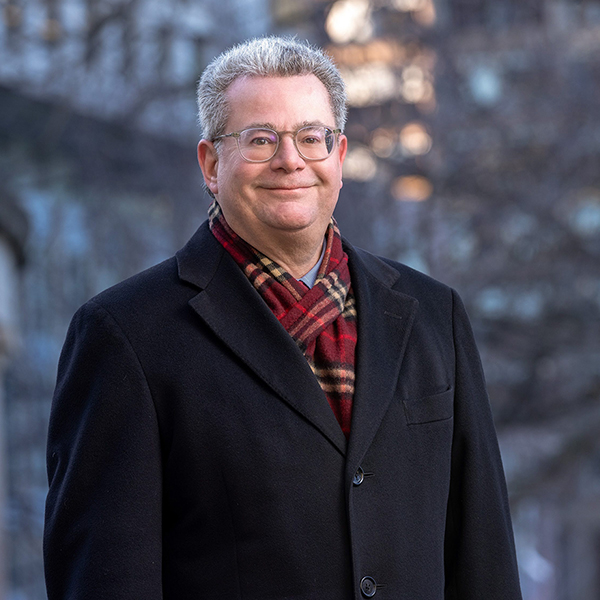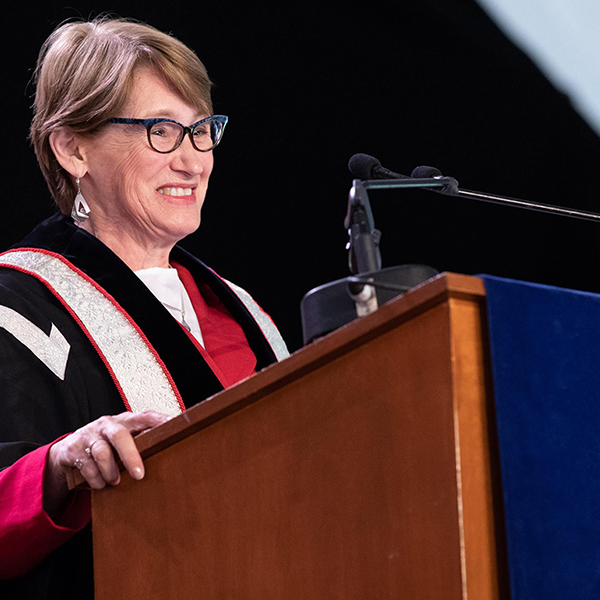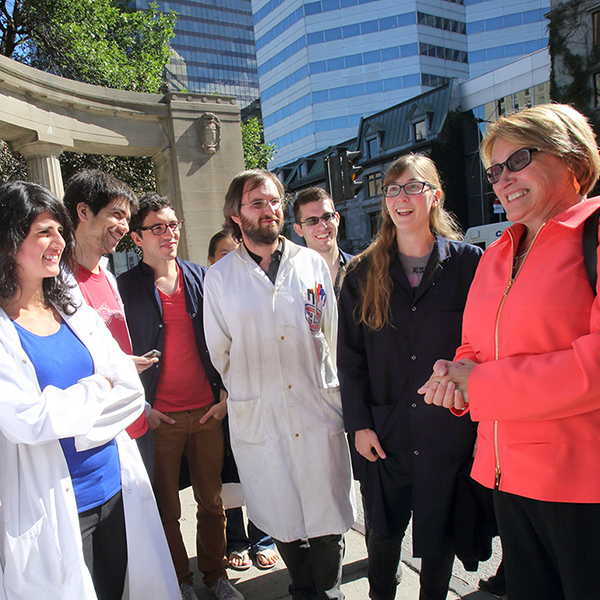We live in a time of global upheaval and profound geopolitical, technological and social change. What does the future hold for universities in a world facing major challenges?
Since the founding of the first university, nearly 1,000 years ago, institutions of higher education have been at the forefront of the creation of knowledge and culture, technological advancements and social progress. I think that more than ever, universities are called upon to pursue their mission of teaching, research and service to society and help find ways to address the major challenges of our world and our planet.
I foresee that while the three key elements of McGill’s mission will remain the same, the way those elements are delivered will evolve and will become more interconnected. Our mission is increasingly linked to the needs of our communities, both locally and globally, as we strive to be an open, connected and purposeful institution.
How is this transformation affecting the advancement of learning and the creation and dissemination of knowledge?
We have seen how technological innovation has driven rapid changes in our society, and universities have had to rethink how best to prepare students for the future, and what skills they should acquire to succeed and contribute to the betterment of society.
I am convinced that the most important thing universities teach students is how to learn and foster confidence in their own ability to acquire new competencies. Our study programs and co-curricular activities aim to allow students to build the skills needed in the new economy: creativity and innovation, digital literacy, global citizenship, civic responsibility, and inter- and intrapersonal skills.
Universities should provide a rich learning environment to ensure that our graduates are future-ready at both professional and personal levels. We must ensure that they are prepared for a constantly changing world that will require agility and adaptability to take advantage of new opportunities.
How can universities optimize their research and innovation potential to have a global impact and improve people’s lives, here and around the world?
The pandemic has demonstrated the amazing potential of scientific cooperation. The virus has humbled us, but I have witnessed how it has also stimulated our community to continue exploring new pathways of knowledge and collaborative research. The contribution of researchers from all fields is needed to solve the greatest challenges of our time. I am confident that McGill will continue to play a significant role in this regard in the years to come.
This period has also demonstrated how important it is to efficiently advance discoveries to the implementation phase. At McGill, we are finding ways to create a smoother path by creating strong partnerships between the research and innovation ecosystems and fostering dynamic ‘agoras of innovation’ that are open to new participants and bold new ideas.
A thriving post-pandemic world will require more than just a return to business-as-usual and a renewed dedication to people and the environment. How should universities position themselves to better serve their communities?
I would say that this element of our mission is particularly important. In a world where inequalities are rising, universities must continue to be drivers of social inclusion, locally and globally. They should be a progressive force for all and work together to provide equality of opportunities across the world.
Increasing accessibility for under-represented groups is a goal we all share and one that can best be accomplished through concerted efforts. We are very fortunate at McGill to have the fantastic support of our alumni and friends to provide opportunities that open doors.
As we launch our University into its third century, we will continue to work hard to reduce inequalities and promote accessibility, with a steadfast determination to build forward better.


